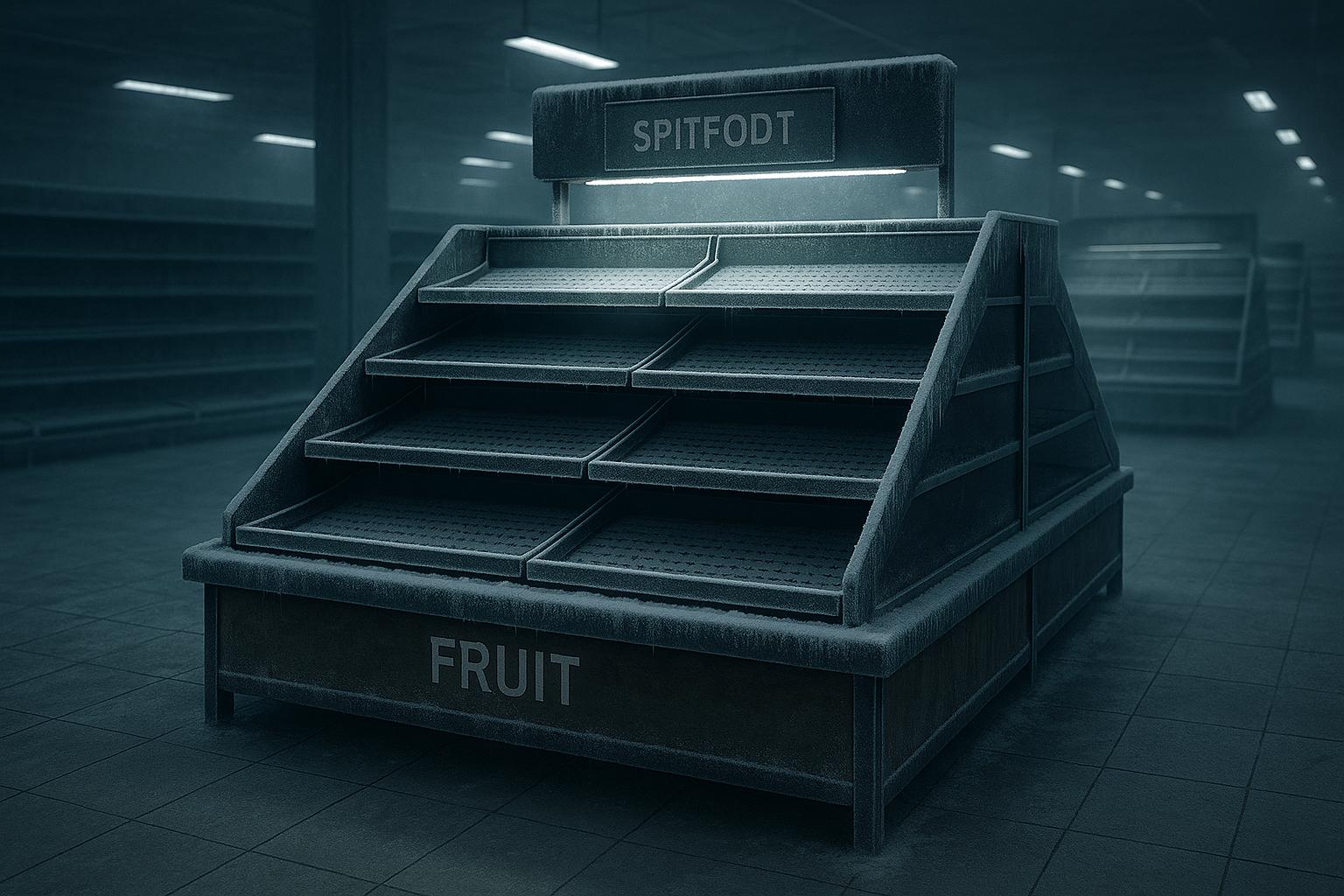Supermarket leaders in the UK have issued a collective warning that proposed tax increases could exacerbate the already significant rise in food prices, adding further pressure on households. Ahead of Chancellor Rachel Reeves' Autumn Budget, the chief executives of major grocery chains including Tesco, Asda, Sainsbury’s, Morrisons, Lidl, Aldi, Iceland, Waitrose, and M&S signed a letter expressing concern that additional taxes, such as hikes in business rates, would reduce the retailers' ability to provide affordable prices and lead to higher inflation that consumers would ultimately bear. The letter highlights that food inflation, already elevated due to previous cost pressures, is likely to persist into 2026 if the sector faces new fiscal burdens.
The Treasury has responded by stating that tackling food price inflation remains a priority and has announced measures to lower business rates for smaller shops like butchers and bakers, but it has not indicated relief for larger supermarkets. This leaves large retail premises, which contribute heavily to total business rates, facing potential new surtaxes that industry representatives warn could push food prices even higher. The British Retail Consortium (BRC) has emphasised the risk that imposing business rates surtaxes on around 4,000 large shops could trigger inflation exceeding 5% well into next year, compounding the strain on consumers already grappling with rising living costs.
According to data from the Office for National Statistics and other sources, the cost of essential food items has surged sharply. Butter prices have risen by 19%, milk by over 12%, and chocolate and coffee by around 15%. External pressures such as poor global harvests, droughts, diseases affecting crop yields, and escalating trade tensions have intensified the inflationary environment. Industry leaders add that the impact of higher taxes, rising minimum wages, and other regulatory costs have contributed approximately £7 billion in additional expenses for 2025 alone, making it increasingly difficult to keep prices down.
Retailers have highlighted how recent tax increases have already affected their operations and pricing strategies. Tesco, for example, reported a significant £235 million hit from the rise in National Insurance contributions but has nonetheless upgraded its profit outlook, citing increased market share amid changing consumer behaviours. Tesco’s CEO, Ken Murphy, who has remarked that "enough is enough" regarding business taxes, noted enduring shifts in shopping habits stemming from the cost-of-living crisis in 2022, where more consumers continue to prioritise home dining, benefiting grocery retailers like Tesco and enabling growth in premium product sales.
Others in the sector have voiced similar concerns. Ocado’s CEO, Tim Steiner, has stated that further tax rises are almost certain to drive price increases across stores, highlighting the compounded effect of increased labour costs and taxation on food production, distribution, and retailing. Such views underscore the challenge retailers face in balancing cost pressures with the need to remain competitive and support consumers.
Despite the warnings from the retail sector, Chancellor Reeves has indicated a difficult fiscal balancing act ahead. Following a previous Budget that raised taxes by £40 billion—including higher employer National Insurance rates—she said she did not intend to raise taxes again. However, analysts at the Institute for Fiscal Studies (IFS) suggest a fiscal shortfall of £22 billion means further tax increases are almost unavoidable, driven by rising government borrowing costs, weaker growth forecasts, and additional spending commitments since spring. The chancellor has promised "targeted action" to address cost-of-living challenges but has not ruled out revisiting income tax policies despite earlier pledges.
In summary, the supermarket industry’s united front highlights the risks of further taxation on food prices at a time when inflation remains stubbornly high and consumer finances are under strain. With grocery inflation rising to 5.2% in early October 2025, retailers warn that any escalation in business rates or tax burdens could prolong and deepen the impact on household budgets, creating a tough environment both for consumers and businesses in the lead-up to the Budget announcement.
📌 Reference Map:
- Paragraph 1 – [1] (BBC News), [2] (ITV News), [3] (Evening Standard)
- Paragraph 2 – [1] (BBC News), [2] (ITV News), [3] (Evening Standard)
- Paragraph 3 – [1] (BBC News), [4] (Reuters)
- Paragraph 4 – [1] (BBC News), [5] (Grocery Gazette), [7] (Grocery Gazette)
- Paragraph 5 – [1] (BBC News), [6] (Reuters)
- Paragraph 6 – [7] (Grocery Gazette), [5] (Grocery Gazette)
- Paragraph 7 – [1] (BBC News), [3] (Evening Standard), [5] (Grocery Gazette)
- Paragraph 8 – [1] (BBC News), [4] (Reuters), [2] (ITV News)
Source: Noah Wire Services
